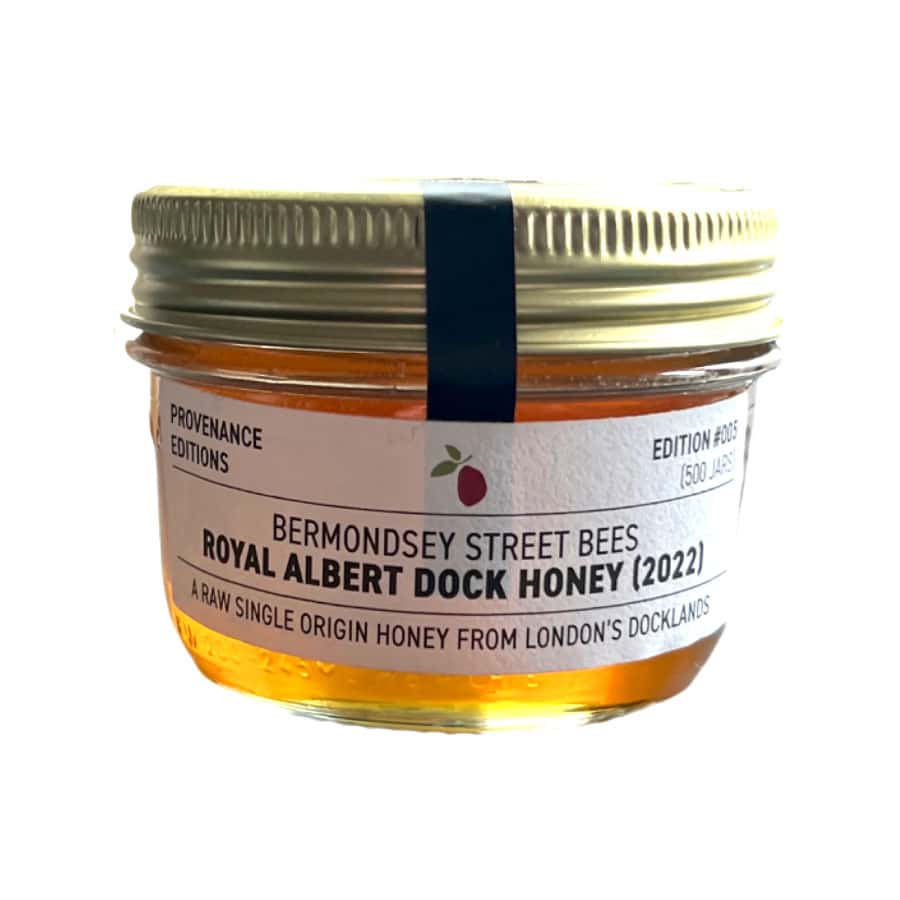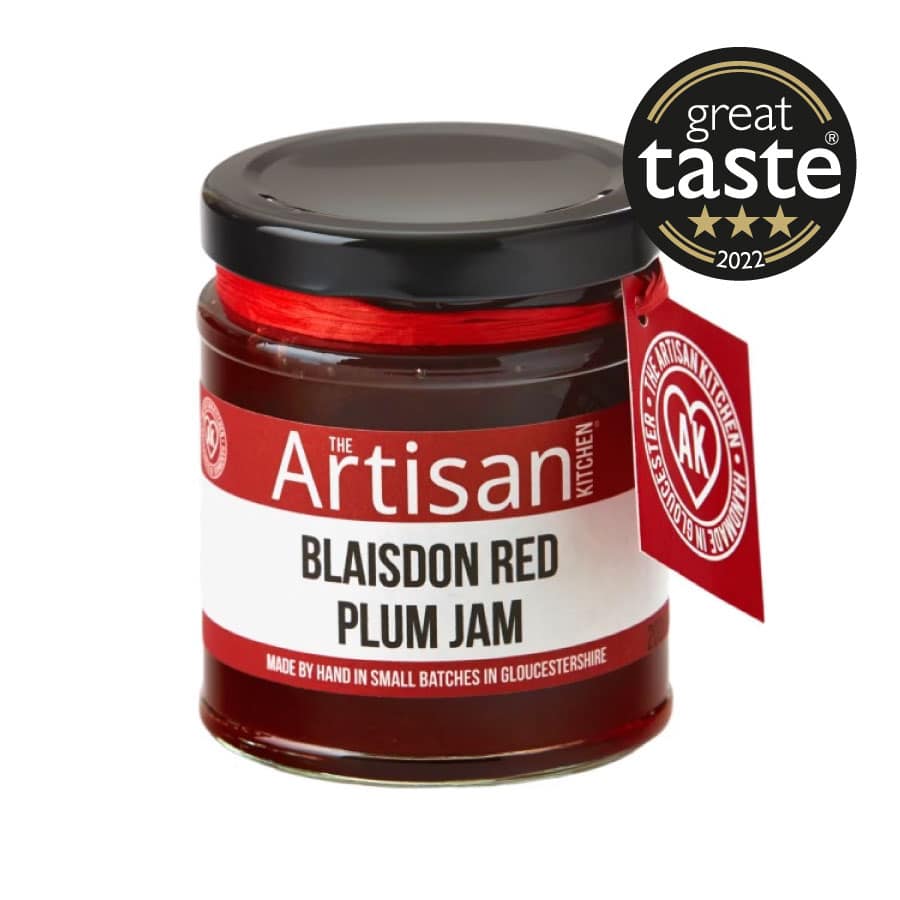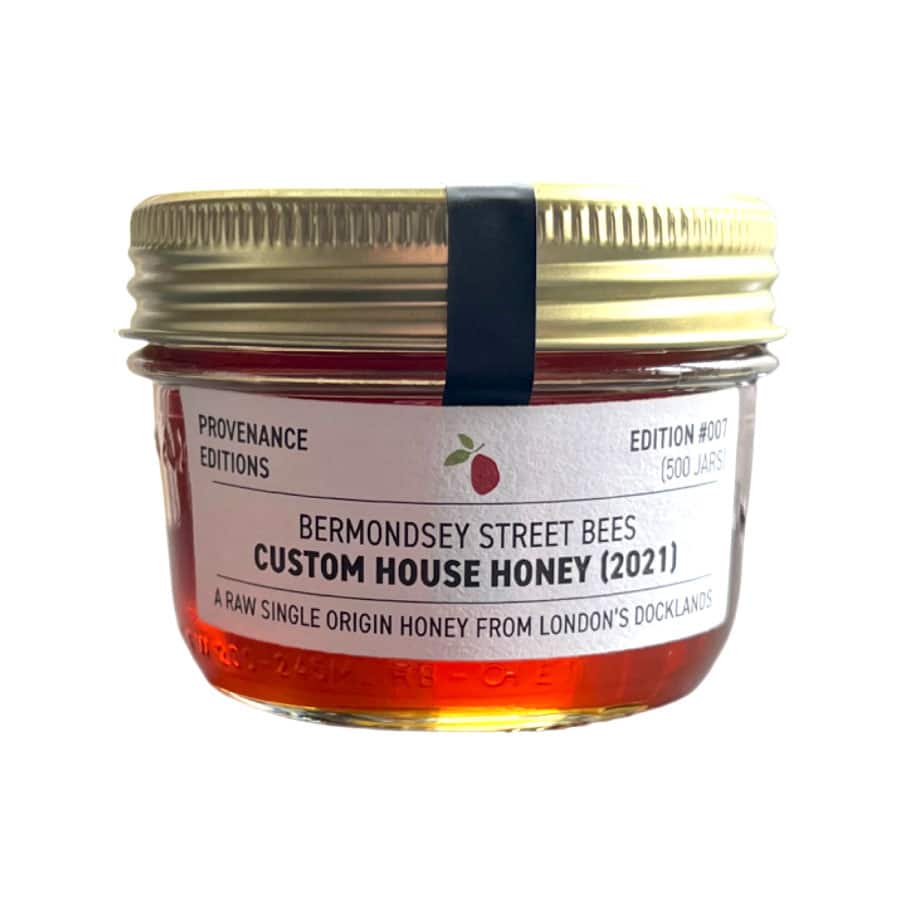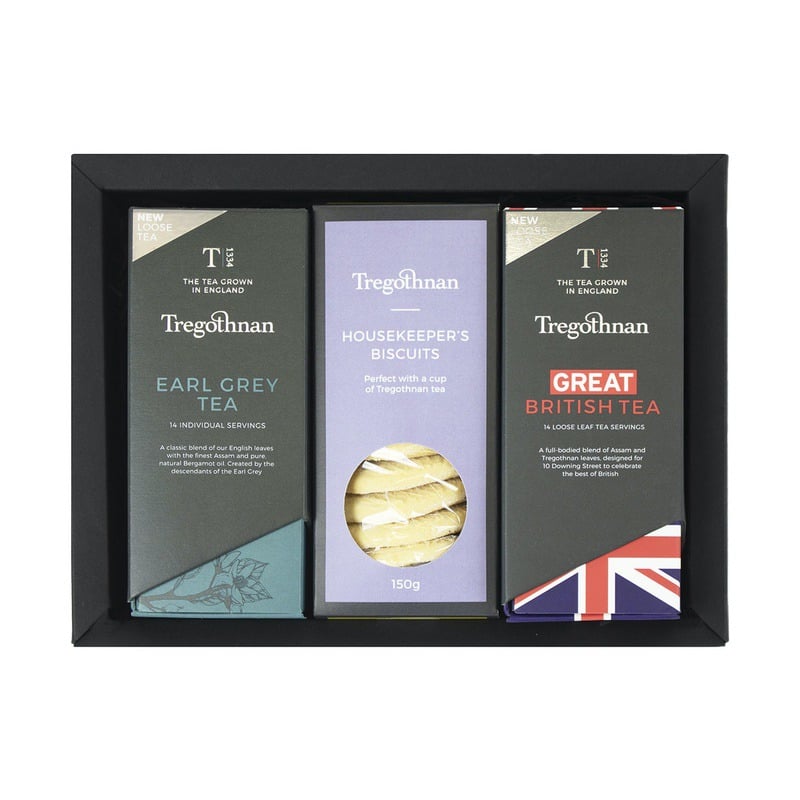Author
JOSH HOPPEN PROVENANCE HUB
LAST UPDATED
28th JUNE2020
READING TIME
APPROX7 minutes
INTRODUCTION
London is a melting pot of different cultures from around the world – the Babel of the modern world with over 300 languages spoken across the capital. Each culture brings its own unique culinary heritage, and such a fusion of styles mean one of the widest choice of cuisine in the world for Londoners to explore. Chefs from around the world bring a taste of home to the city, and their local foods are imported via global shipping routes and airfreight. Often, they’re preserved using chemicals to try to maintain their original flavours.
But as food provenance, traceability, and ‘Free from’ labelling becomes more important, many conscious chefs, caterers, and producers are creating foods whose ingredients are sourced with immense care. The fundamental ethos of these producers is that no chemicals or additives are used in their products. Combined with expertise in food sciences, this new wave is able to produce foods that inspire adventures around the world through food, happily free from preservatives that ordinarily might have to be added to keep the ingredients ‘fresh.’

‘The fundamental ethos of these producers is that no chemicals or additives are used in their products. Combined with expertise in food sciences, this new wave is able to produce foods that inspire adventures around the world through food, happily free from preservatives that ordinarily might have to be added to keep the ingredients ‘fresh.’
SOURCING MATTERS
Demand for responsibly sourced food has never been stronger. Trust in food sources is being increasingly linked to transparency where consumers want real information about the products they eat and details about where their food is coming from. This in turn helps them make a judgement about its quality.
Sometimes, chemicals are added to foods to enhance flavouring, texture, colour, or shelf life. High levels of MSG, salt, or sugar are often mixed into foods to compensate for the lack of intrinsic flavour. Sourcing high quality ingredients free from this chemical has become a high priority for many chefs in London.
The most common are monosodium glutamate, or MSG, and Potassium Sorbate. The latter is used as a preservative to prevent the growth of moulds, yeasts and some bacteria. Though the chemical itself is generally regarded as safe, the problem is when it is not used “in accordance with good manufacturing practice.” MSG enhances the savoury umami flavour of foods, and is popular in Asian cooking and processed foods in the West. As a result, many conscious caterers choose to use ingredients that use little or no chemicals in their food at all.
Last century the sorts of chemicals described above were much less commonly used, in part down to lower levels of mass production and desire for longevity. When it comes to Hobros’ XO-inspired sauces on Provenance Hub, unlike XO sauces at their origin in Hong Kong, there are no unnecessary additives to either compensate for a lack of intrinsic flavour nor to extend shelf life. The results are delicious, authentic flavours free from.

‘From London’s laboratories to professional kitchens, the city is at the avant-garde in many scientific disciplines. Some food products are so unique, and the processes used to create them so specialised, that scientific principles and precision must be used to get them just right. If you’re not using artificial chemicals to enhance the products, then you need to stick to these principles even more carefully.’
THE SCIENCE OF SAUCES
From London’s laboratories to professional kitchens, the city is at the avant-garde of many scientific disciplines. Some food products are so unique, and the processes used to create them so specialised, that scientific principles and precision must be used to get them just right. And when you’re not using any artificial chemicals, then you need to stick to these principles even more carefully.
When it comes to making an oil-based sauce with the right texture, the oil used must be maintained at a constant frying temperature. If there is moisture in any of the ingredients, the temperature decreases and you run the risk of boiling or steaming the ingredients, leading to a different end product. At around 160-170º centigrade, the natural moisture of the onions, for example, comes straight out and creates distinctive aromatics very early on in the food manufacturing process.
Using scientific principles, sauces can be preserved without chemicals. If their pH level is below around 4.2 – therefore lemon juice or balsamic vinegar can be used to acidify a product but not overpower its flavours. When something is immersed in oil, the most dangerous pathogen is anaerobic botulism, and the only way to destroy it is to heat beyond 121º Celsius. If you’re making an herb-infused oil, the fresh herbs should be acidified otherwise the oil will go rancid in a few days and botulinum bacteria will have naturally occurred, which poses a health risk. By immersing the herbs in an acidified solution for about half an hour (lemon juice will do fine) the acidification should kill the botulism. Scientifically speaking, the safer bet is to use dried herbs.
The overall cooking process for the XO-style sauces also take a specific time – no shorter than 45 minutes but no longer than 47. This precision is a result of countless iterations of artisan craft manufacturing. In fact, the first large scale batch was made by a team of five top London chefs spending the weekend making sauces by hand, from scratch. Even the chopping process is extremely important, not only developing the right texture but ensuring that the right depth of flavour is achieved, not pushing the chili too far forward, nor salts or sugars which decay very quickly and leave no decent residual flavour in the palate.
In some cases, scientific advances lead to automated processes. In the case of certain foods, however, when moving from prototypes devised from home recipes to larger scale manufacturing for sale you might not be able to scale and automate the processes in a linear fashion. You might be able to buy a bigger pan to cook more volume, but only up to a certain point if you want to maintain the exact flavours, textures and colours required for the perfect sauce.
Ultimately, knowledge is paramount when it comes to responsibly sourced, scientifically perfected products. For example, stabilisers used to keep oils and waters together in a product may come from Xanthum gum. Though it may seem as some sort of plastic or chemical, it is entirely natural. Preconceptions about the lack of chemical additives need to be challenged, and by enjoying wonderful, flavoursome and authentic sauces.








